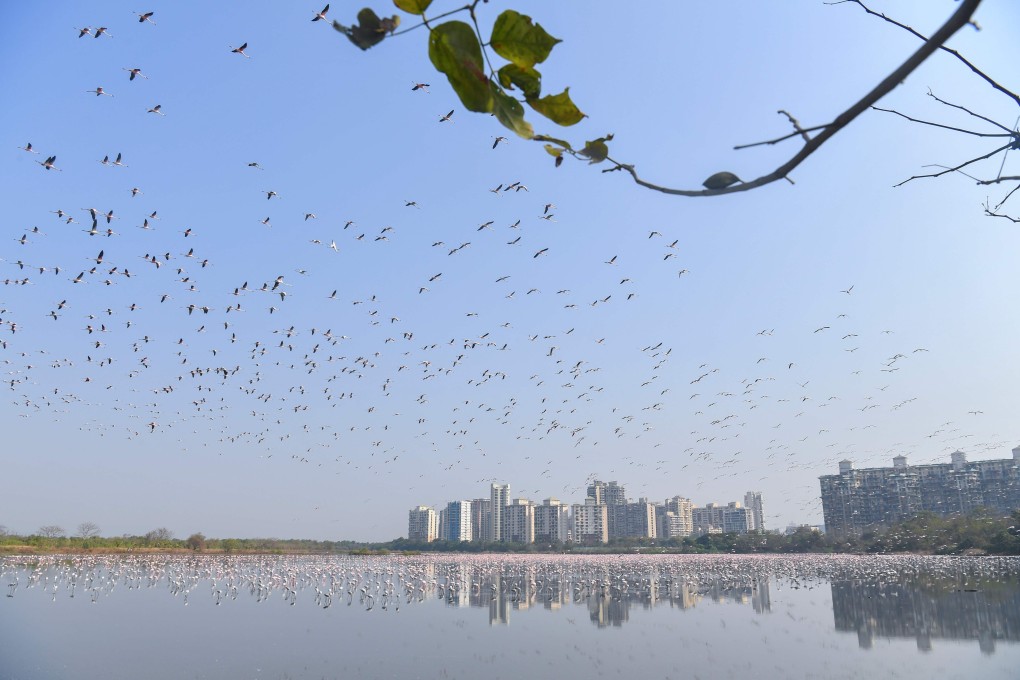Opinion | How a Mumbai physicist overcomes distraction amid the eerie silence of India’s coronavirus lockdown
- For the first time in J. V. Yakhmi’s 55 years of living in Mumbai, the streets are eerily silent, which would normally be a boon for any creative writer
- But errant thoughts, lockdown-imposed changes and anxieties caused by the pandemic can make it difficult to get anything done

Normally, the absence of noise would be a boon for any creative writer, but all I find outside my window these days is an eerie, empty silence.
For the first time in my 55 years of living in Mumbai, the city’s local trains, buses and autorickshaws are not running. The roads are empty, noise pollution has plummeted and there are hardly any planes taking off from the international airport.
Without the whines and groans of the big jet engines, our nights are instead filled with serene silence, broken only by the predawn birdsong.

With many of the city’s usual sources of pollution now absent, I often wake up to clear blue skies – reminding me of my childhood spent in a small town, where my friends and I would sometimes sleep out at night under a canopy of stars.
